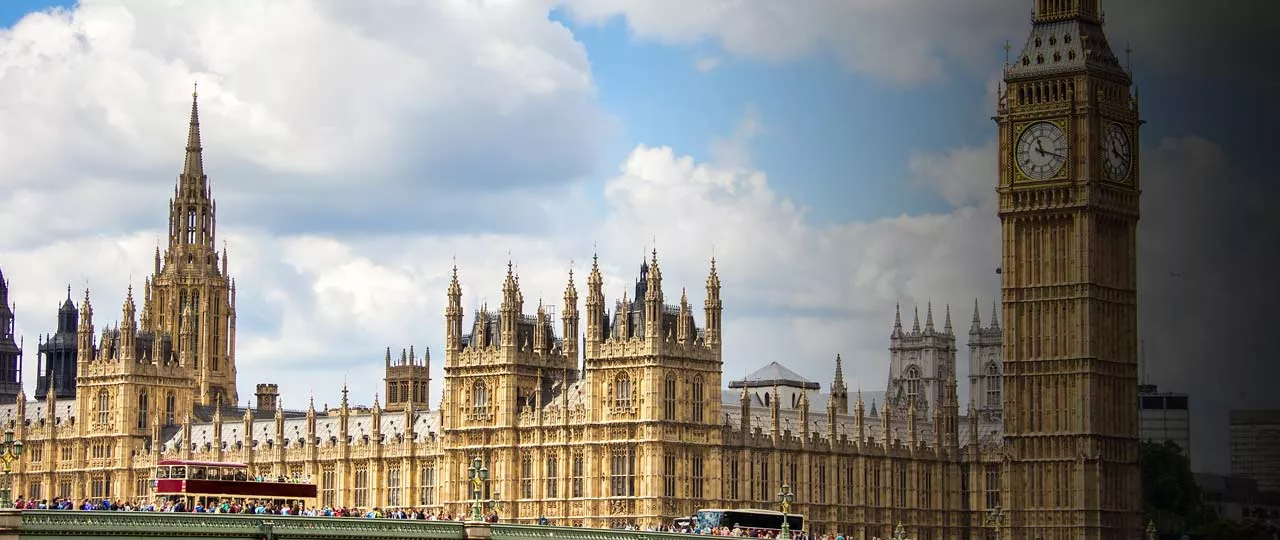
Stephanie McMahon
Head of Research


Head of Research
The announcement of a General Election to be held on June 8 came as a surprise to many – but what impact will it have on the property sector?
Theresa May’s official reason for calling the snap election is to prevent current divisions in Westminster from damaging Brexit negotiations. If – as the polls suggest – she wins the election comfortably, she will be in a better position to bring in the Brexit she wants. It will also mean the election won’t coincide with the end of the 2-year negotiating period following the triggering of Article 50.
But major events like these can impact other areas, including property.
Added uncertainty?
The big issue is uncertainty. After Brexit and the Stamp Duty increases, not to mention the US election, the property market is now starting to get back to normal. But while some feel the new election might add a bit more uncertainty, others are more optimistic.
Stephanie McMahon, Head of Research at Strutt & Parker, said: “This election is unusual as it could potentially bring us less uncertainty and more solidity in the property market. If the result goes the way Theresa May wants it to, this will give her the greater influence in Parliament she needs.
“The stock market has reacted positively to the announcement and I can’t see the residential markets slowing from now until June 8 – there’s simply not much time for there to be a huge impact.
“Unlike with previous elections, there is not a looming threat of a dramatically altered tax regime on prime property, so I can’t see Londoners who were planning to put their house on the market this spring changing their mind in the short term and deciding to hold off.
“In past elections and referendums we have seen a surge of activity following the result thanks to pent up demand. I would say that we’re unlikely to see this in 2017. Having said this, if there is an unexpected result and the Conservatives don’t win – and stranger things have happened – all bets are off!”
Miles Shipside, director of Rightmove, agrees – saying a strong spring market could help to offset any jitters ahead of the election. This follows figures showing asking prices have reached a record high of more than £313,000 in April.
But the RICS claims uncertainty continues to cloud the outlook and weigh on market sentiment. And the Prime Minister’s decision won’t change that prognosis in the near term. If anything, it’s thought that the market will see continuing deferral of major investment and hiring plans.
Others have more specific concerns over the future, such as the National Association of Estate Agents. Mark Hayward, Chief Executive of NAEA Propertymark, along with David Cox, Chief Executive of ARLA Propertymark, said: "We’re still waiting to find out the impact the election will have on the tenant fees consultation; but as it’s already been launched, we expect the consultation to continue."
Conservative landslide?
Many are predicting that the Conservatives will win by a landslide, which could help provide a level of certainty when it comes to the Brexit negotiations.
Helen Dickinson OBE, Chief Executive of the BRC, said: “Political stability [following the election] will be crucial to negotiating the best deal for the UK in the Brexit negotiations.”
A strong Conservative win could help provide smoother Brexit negotiations. This could lead to higher consumer confidence and a boost in housing market activity in the second half of the year.
The victory could allow Mrs May to bring in some of her own policies, not related to Brexit, such as a move towards more rental properties. It’s thought she will promise 1m new homes, with a focus on affordable rents as well as home ownership. She has also said she intends to cap energy prices in some way.
Using it as a soap box
Many people will be using the election as a soap box to get their policies across. This doesn’t just mean political parties – everyone from unions to industry groups will be urging politicians to consider their causes.
National Farmers Union President Meurig Raymond said: “With farming arguably the sector most impacted by Brexit, NFU members will want to understand how each of the political parties plans to support profitable, productive and progressive agriculture and horticulture in the future.”
Mark Hayward and David Cox said: "All political parties need to put housing front and centre in their election manifestos. Rather than trying to look at individual issues, it’s time to take a holistic view of housing policy.”
The CPRE also got in on the act, saying the Election presents all parties with an opportunity to demonstrate their strong commitment to a thriving natural environment.
Helen Dickinson of the BRC added: “The retail industry will want to see plans from the next government that put consumers first in the Brexit negotiations.”
As far as specific policies go, one that might be hit is the business rates relief package.
In the recent Budget, a £300m relief package was planned for thousands of small businesses that had been hit by the changes to the rates following the revaluation in April. But this package looks like it’ll be delayed until after the election.
The Department for Communities and Local Government consultation on how to implement the package has already been completed, but a spokesperson says its implementation will fall to the next government. It had been hoped the relief package would be available within weeks. Now it looks more like months – which for many small businesses could be too long.
Another unanswered question raised by the election is Scotland. If the Conservatives gain a landslide win, it could drive a further wedge between the Scottish Parliament and Westminster. This could lead to more calls for a second independence referendum, again causing more uncertainty and potentially new legislation regarding property should the referendum be successful.